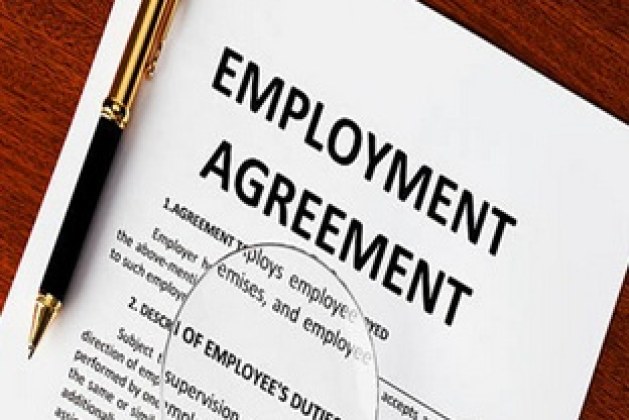Do you know what is Non-Disclosure Agreement for Employment? A Non-Disclosure Agreement (NDA) is a critical document for protecting a company’s sensitive information. It can help safeguard trade secrets, proprietary information, and other valuable data that can provide a competitive edge. Here are some key considerations for employers while implementing NDAs in an employment context, to make it enforceable, ethical, and practical.
Clearly define information to be protected
This can include trade secrets, customer lists, financial data, product designs, and more. Try to avoid vague language and provide a detailed description of the types of information covered under the NDA. By doing so, the agreement can be clearer and easier to enforce. It can help both parties to understand what exactly needs to be protected.
A well-defined NDA strengthens the document legally and also helps employees better understand their responsibilities. When employees know the specific information they must keep confidential, they are likelier to comply and exercise caution in handling such data.
Set realistic time limits on confidentiality obligations
Employers often make the mistake of including perpetual confidentiality obligations in New Jersey employment contracts, which can be unreasonable and, in some cases, unenforceable. Instead, it is advisable to set a reasonable time limit for confidentiality.
For instance, many NDAs set duration of one to three years after employment ends, depending on the sensitivity of the information.
For highly sensitive information like trade secrets, longer or even indefinite durations may be necessary. However, for general proprietary information, shorter timelines are usually sufficient and legally more defensible.
Ensure consistency with other agreements and legal compliance
Employers should ensure that NDAs are consistent with other agreements, such as employment contracts, non-compete agreements, or non-solicitation clauses. Conflicting clauses across multiple agreements can create confusion and potential legal vulnerabilities.
Also, it is essential to ensure that NDAs comply with relevant employment and privacy laws. Employers must avoid overreaching language that could make the NDA unenforceable or expose the company to legal challenges.
Using NDAs in employment requires careful drafting and strategic considerations, to make them more effective and enforceable. This approach can help safeguard your business and also foster a transparent, fair environment for employees.
Author Bio:-
Carl writes often about legal drafting and help. Download legal forms now! Click here.




Leave a comment